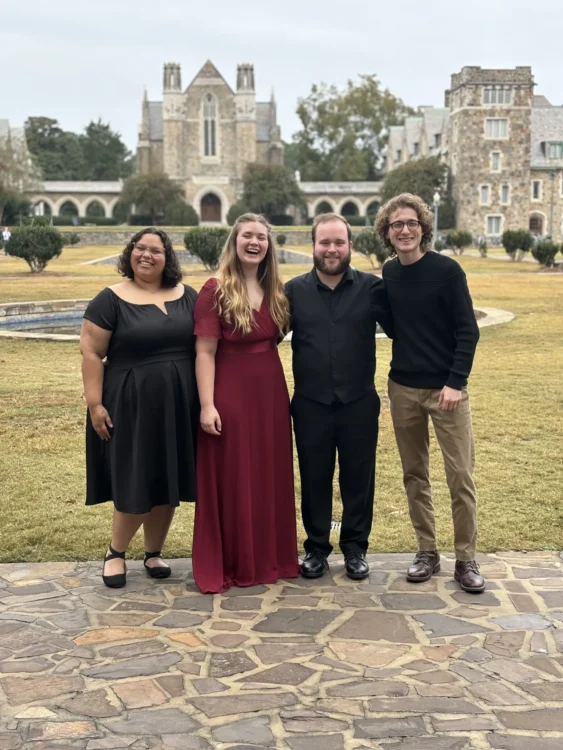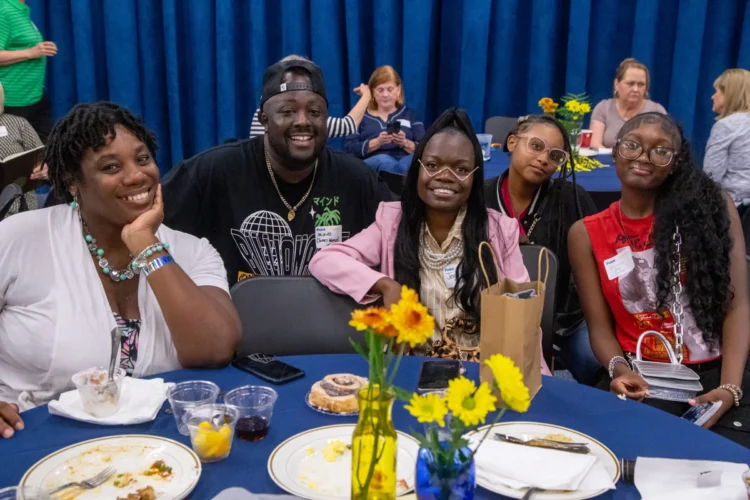We are familiar with the Parable of the Good Samaritan (Luke 10:25-37). The story begins as Jesus was being tested and asked “Who is my neighbor?” (v. 29). Jesus then begins to tell of a man traveling who was mugged, beaten, stripped, and left for dead on the side of the road. He then explains how a priest and Levite pass this man and do not stop to help. Eventually a Samaritan finds him, cleans him up, and takes him to the inn where he pays for all the expenses the man may incur.
Often in our studying of this text, we ask why the priest and Levite didn’t stop to help this poor man on the side of the street. We question the nature of these men; but, surely a priest and Levite cannot actually be bad people? How often do we stop when we notice a wreck to see if anyone is hurt? Does not stopping make us bad people? Perhaps the priest and Levite thought of all the sins that needed forgiving or work that had to be done at the temple, and they knew someone else would come along and help this man? Isn’t that what we normally do?
Little did our friend in the ditch know that it would be a Samaritan that would help him. See, our naked, half-dead friend would rather the Levite or priest help him; he definitely did not want that Samaritan to help. He hated Samaritans, after all, he was a good Jewish man and he grew up his whole life just knowing that Samaritans were bad–they were not like him and his kind. Yet, it was this supposedly awful Samaritan who helped him, not the people that looked like him.
Like this Jewish man, there are people we don’t like. We would do anything to avoid these folks. Some people hate others because of the color of their skin, some hate others because they disagree about things or because they speak another language. Some people actually hate others because they seem different due to a mental illness or disability. None of this really makes sense, but hatred doesn’t make sense.
Imagine the courage it took for the Samaritan to help the Jew, knowing he was hated simply because of where he came from. He was a good person, not that the Jewish people knew that. The Samaritan was able to look past the differences and help a person in need. Would this life-saving event make the Jewish man look past the years of mistrust and hatred to see the Samaritan as an actual person? Scripture doesn’t tell us the response of the Jew, but Jesus does say the one who showed mercy was a neighbor (v. 37).
As we come together this Thanksgiving, let us remember the diversity that makes America great. When Jesus mentions our neighbors, he’s talking about the people who surround us on a daily basis. They are the people who may not look like us, may not talk like us, and may be quite different from us. Although we may not want to extend mercy to these people, they may just be the ones who show mercy to us.
Written by Stacie Whalen, Assistant Director of Disability Services



